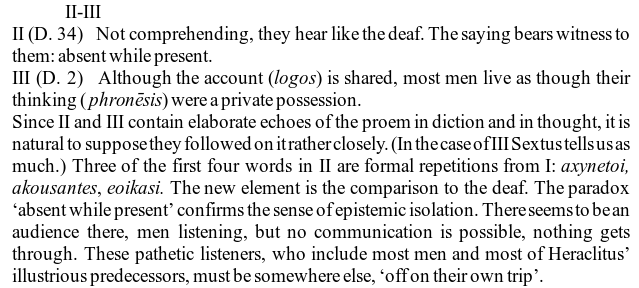this post was submitted on 11 Aug 2023
0 points (NaN% liked)
GenZedong
4300 readers
14 users here now
This is a Dengist community in favor of Bashar al-Assad with no information that can lead to the arrest of Hillary Clinton, our fellow liberal and queen. This community is not ironic. We are Marxists-Leninists.
This community is for posts about Marxism and geopolitics (including shitposts to some extent). Serious posts can be posted here or in /c/GenZhou. Reactionary or ultra-leftist cringe posts belong in /c/shitreactionariessay or /c/shitultrassay respectively.
We have a Matrix homeserver and a Matrix space. See this thread for more information. If you believe the server may be down, check the status on status.elara.ws.
Rules:
- No bigotry, anti-communism, pro-imperialism or ultra-leftism (anti-AES)
- We support indigenous liberation as the primary contradiction in settler colonies like the US, Canada, Australia, New Zealand and Israel
- If you post an archived link (excluding archive.org), include the URL of the original article as well
- Unless it's an obvious shitpost, include relevant sources
- For articles behind paywalls, try to include the text in the post
- Mark all posts containing NSFW images as NSFW (including things like Nazi imagery)
founded 4 years ago
MODERATORS
you are viewing a single comment's thread
view the rest of the comments
view the rest of the comments

Dang Heraclitus' spitting bars.
For II (D. 34) and III (D. 2) are they referring to specific works by Heraclitus? Soviet Snake, could you share the names as I would like to take a look!
The only surviving texts by Heraclitus are called "Fragments" which are surviving pieces of supposedly the only written book by him. All of these were scattered from others sources such as citations and paraphrasing of his text. For II and III Kahn refers to fragments 2 and 3 of his ordering of the fragments (there is a debate about the ordering except for I where there are 2 other sources of his time that declare that fragment as the beginning of Heraclitus' book).
They appear in the screenshot, but I will paste them as text below:
The D. # refers to the Diels-Kranz numbering, which is what's been used as the default before and even after Kahn's. If you have any doubt about the meaning let me know, but I'd argue reading Heraclitus is really good for understanding dialectics and his philosophy still holds true in some way until today.
yo been a while cde, i wanted to ask: have you read any other ancient greek/roman authors? i'm looking at iamblichus and his work on pythagoras, and lucretius and his works. i'm not really acquainted (i only read socratic dialogues and not the mid or later platonic works, and parts of aristotle like organon and working through nicomachean & eudemian ethics) and i'm wondering if you have any tips or advice (。◕‿◕。)
I've read Aeschylus, some Plato, not that much. But I'd say it depends on what you want to learn from that. If you ask me, I'd be interested in the Greeks by how were they later interpreted by authors like Kant, Spinoza, Hegel, etc. So I'd say go for Hesiod, Homer, since both of them provide the background for all the Greeks after them and then go for the Milesians, and the other presocratics (which includes Heraclitus) and then Plato and so on. I wouldnt bother with the Romans but maybe thats just ignorance from my part. I dont know if my naswer was good enough but let me know, i am currently to start to read some other greek text so maybe we could help each other!